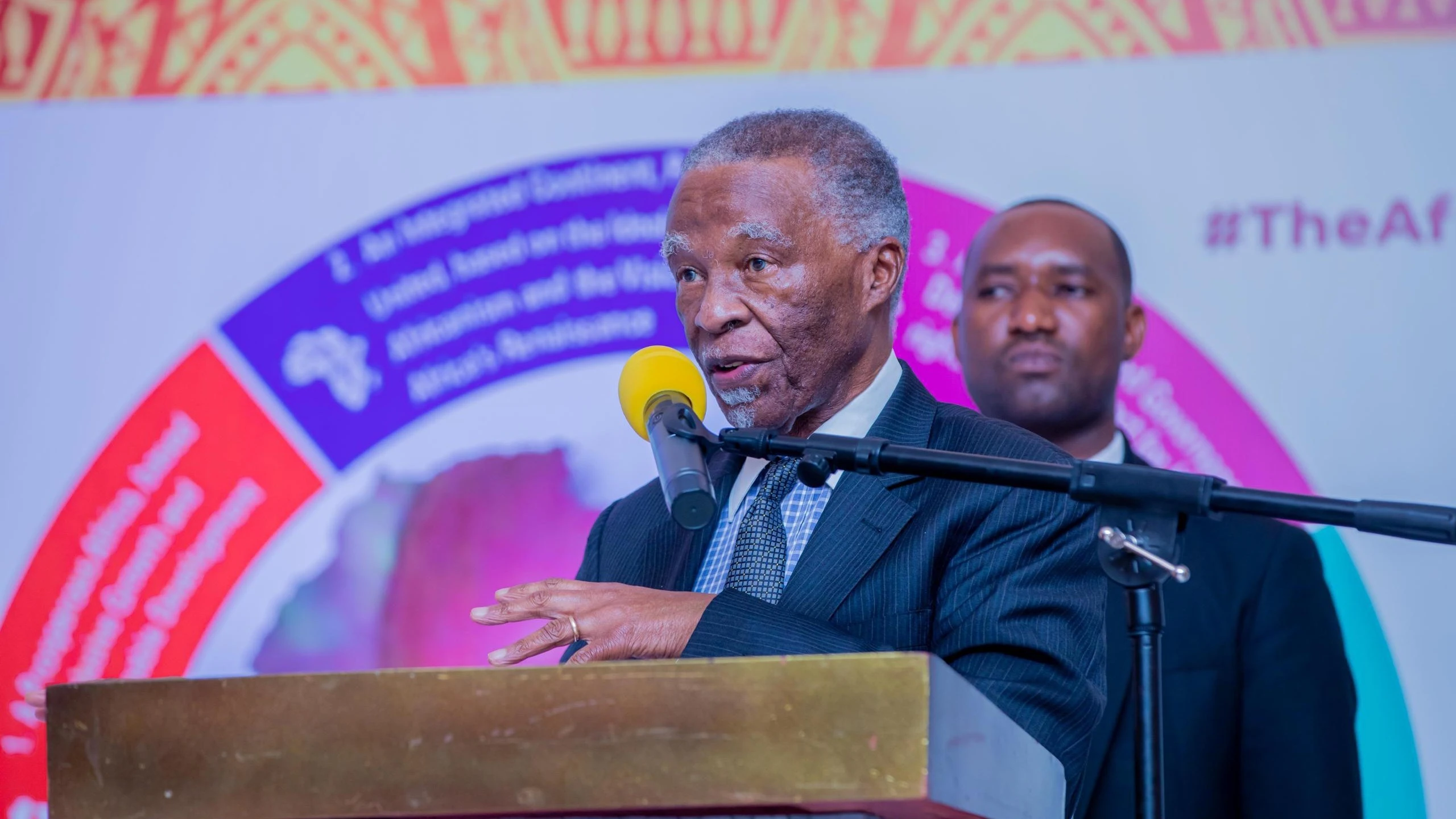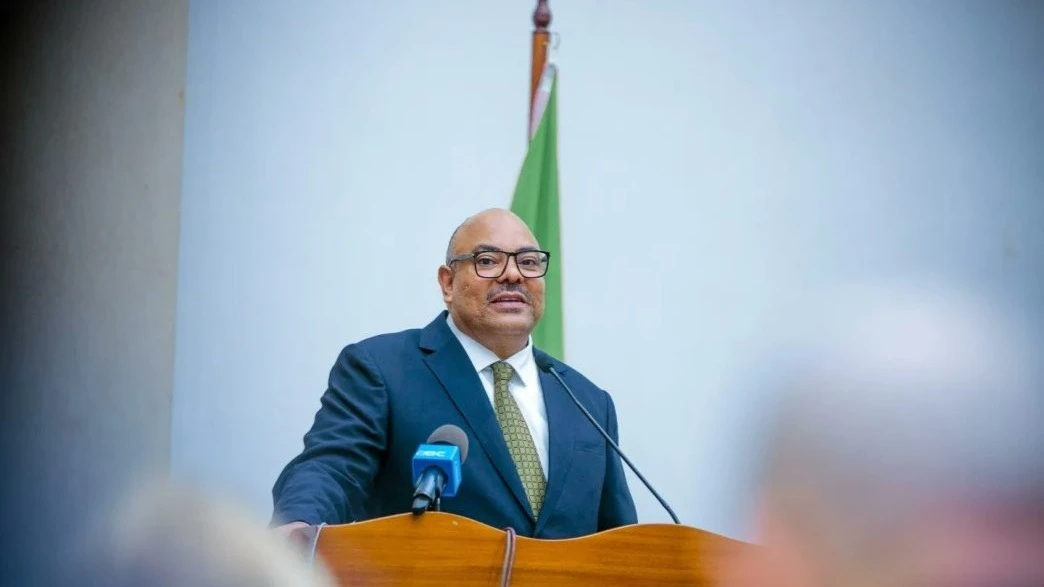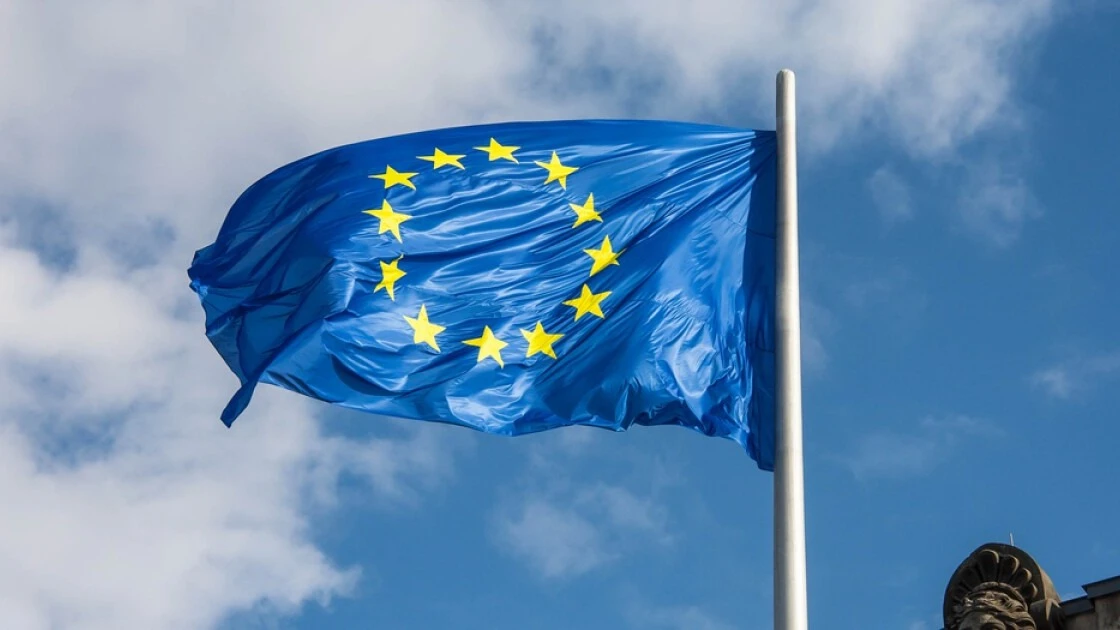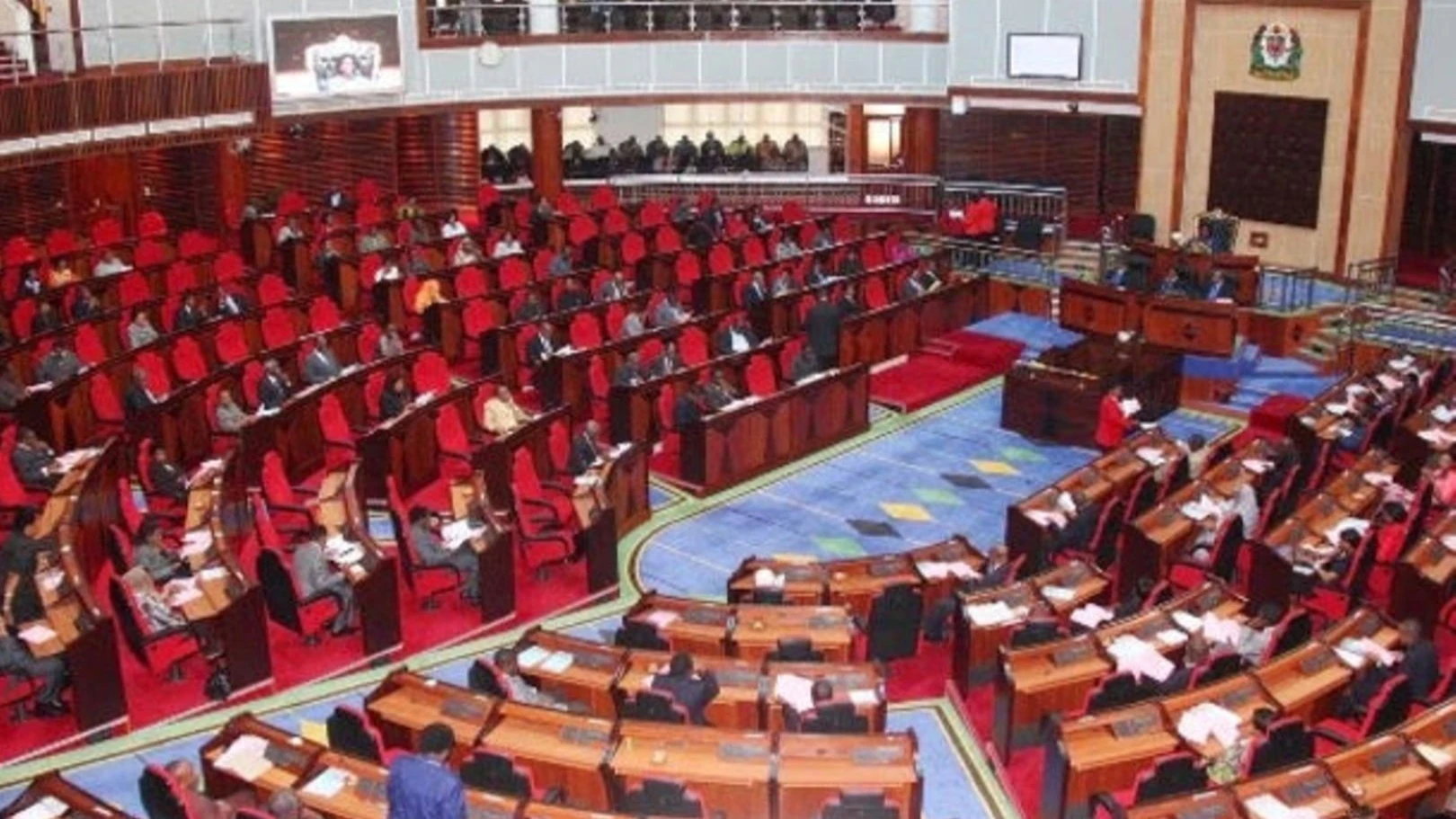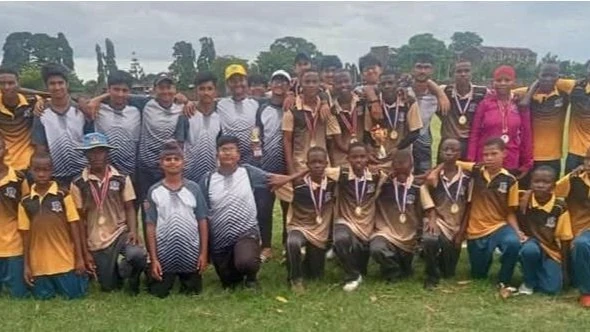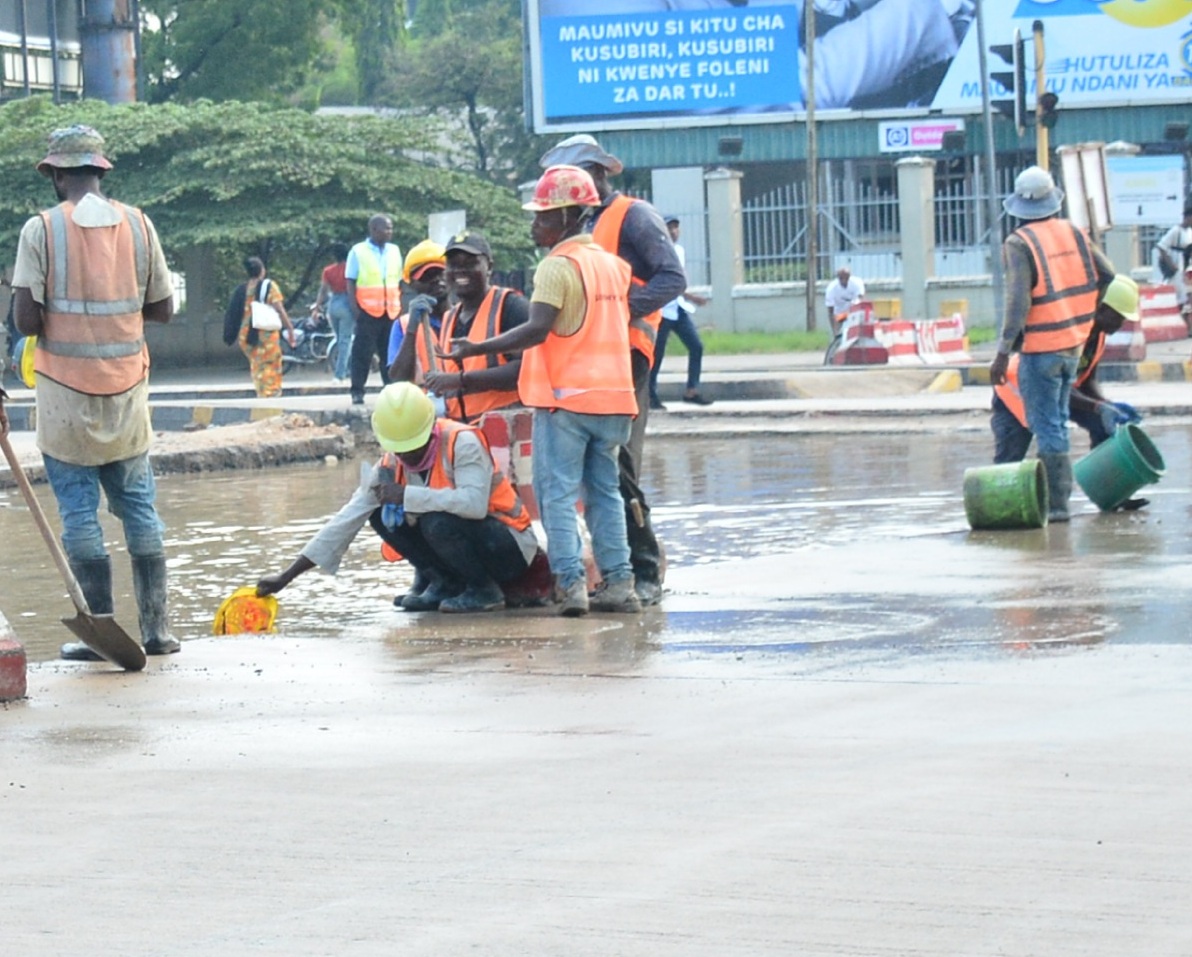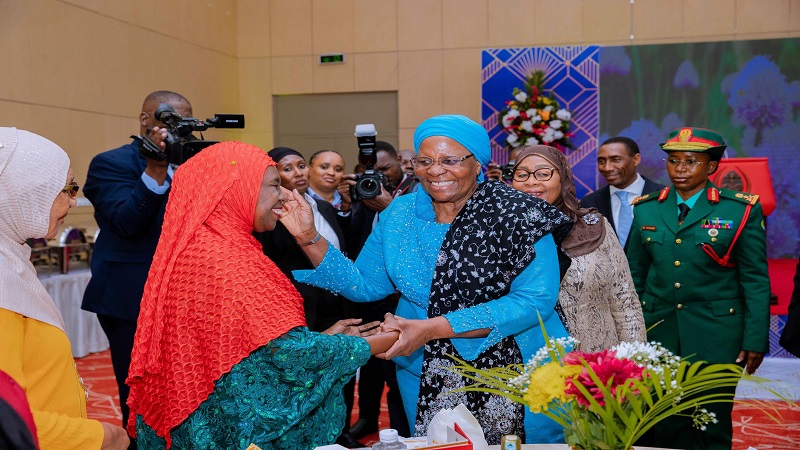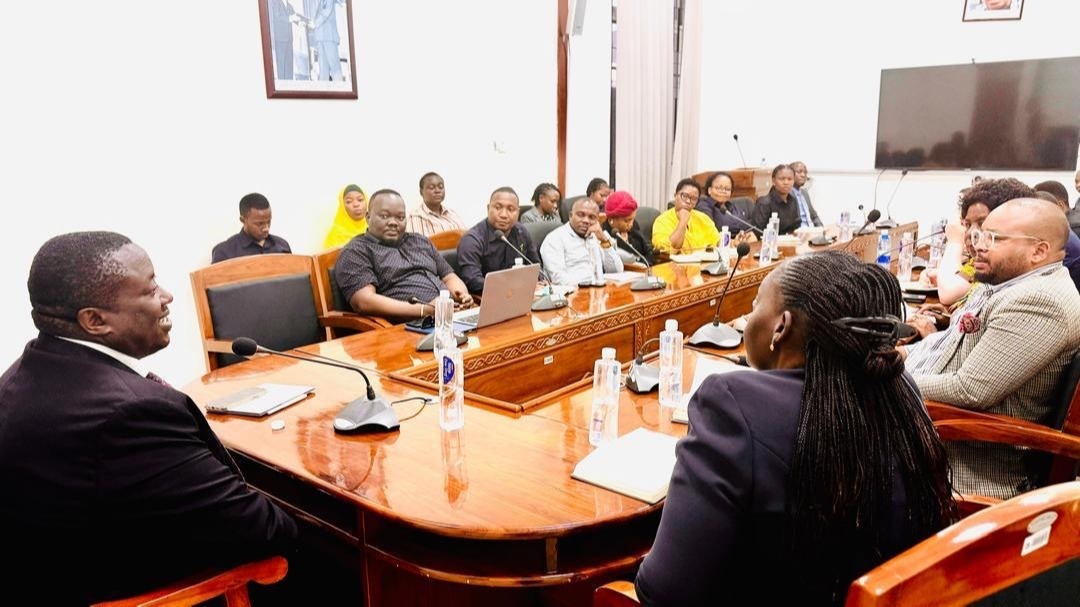Intercultural education can enhance global citizenship
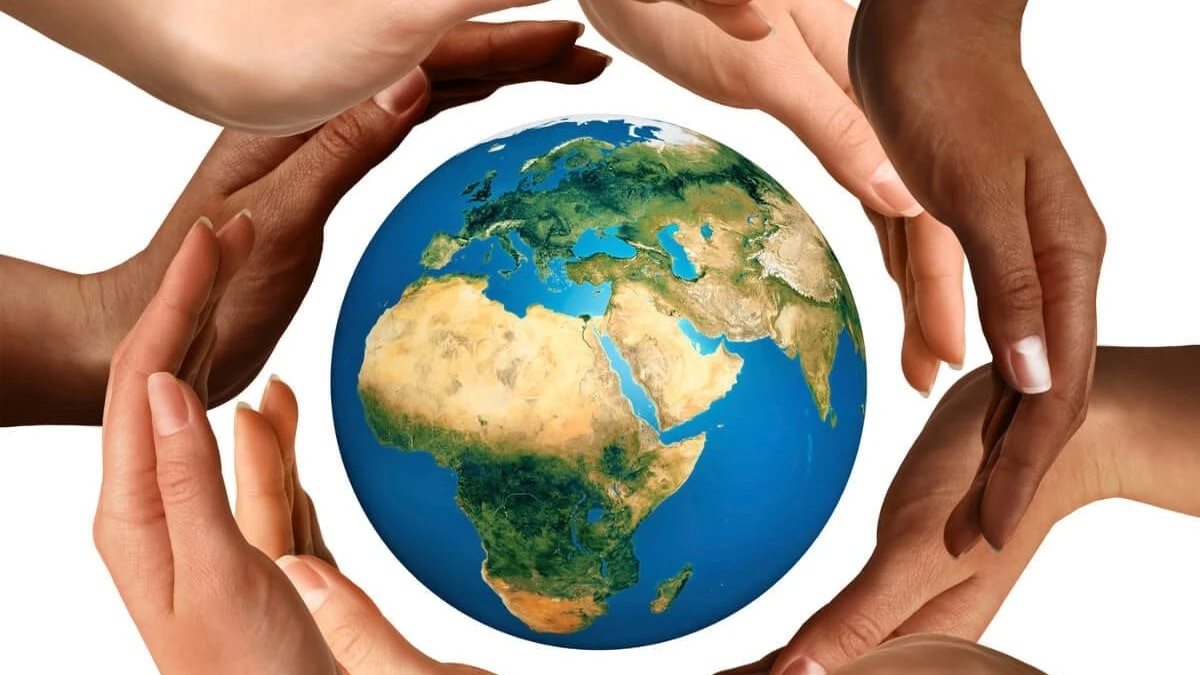
THE concept of global citizenship makes a lot of sense today than at any other time in human history because it reflects today’s realities. People who think they do not need others are highly individualistic and could be struggling with inferiority or a superiority complex.
This is because the world has become like one village although it is made up of many countries and territories, thanks to information communication technology (ICT). Today we are able to know what is going on in our countries and around the world instantly while in the past it would take more time to do so. Some people say that information is now at our fingertips. This has helped to bridge the communication gap.
UNESCO in its report titled “Global Citizenship Education: Preparing Learners for the Challenges of the 21st Century” published in 2014 says global citizenship education seeks to instil in learners attributes that foster behavioural capacities to collaboratively and responsibly find solutions for global challenges, and strive for the collective good. All global initiatives and interventions are meant to address these challenges so that we may live in a better world than before. We cannot do this alone; we can only do it with others.
The UNESCO report emphasises the importance of values, attitudes and skills that promote mutual respect, and peaceful coexistence. Therefore, it is through these values, attitudes and skills that will lead to the creation of more just, peaceful, tolerant and inclusive societies. The conflicts we harbour show that we still have a long way to go to reach a more just and peaceful world in which each one of us counts.
Intercultural or multicultural education can help us see each other as interdependent – meaning that we need others as much as they need us and, therefore, we cannot live as if we are alone in this world. It can be taught starting from early childhood so that children grow up with a different mentality and attitude towards each other and towards others.
The introduction to a book titled “Intercultural Education and Competences: Challenges and Answers for the Global World” edited by Agostino Portera and Carl Grant and published in 2017, says “solidarity, respect for every person (regardless of ethnic, religious, or cultural origin), and the promotion of cultural diversity are ‘essential conditions’ for the development of inclusive democratic societies.” These societies are created through electoral integrity in which the outcomes of the electoral process reflect the wishes of voters.
It is through these attributes that we can smile with those who smile and we can frown with those who frown. In this way, we can bear each other’s burden. This means the joys of others become our own joys and their concerns become also our own concerns, empathising with them.
But when we express joy when others suffer and feel bad when they express joy then there is something wrong with us. There are instances when these elements become noticeable in our midst and this simply shows that we are off track. How many times some people ridicule those who are in agony, trying to trivialise their plight? Being insensitive to the sufferings of others is indicative of a negative attitude of a barbaric nature.
Unfortunate incidents of xenophobia can only show that instead of feeling that we are interdependent, we are self-centred and see others as enemies or people who deprive us of our joy and happiness. Xenophobia shows that we do not need others and that everything and opportunity we have is ours, and not theirs. Regional groupings are meant to foster our togetherness and that our people can freely move and work anywhere in our regional grouping provided they abide by national laws and international law.
We have freely formed these regional groupings out of our free will because we cannot afford to be on our own where we can exclude and discriminate against others on the basis of their nationality, tribe, place of origin, political opinion, colour, religion, sex or station in life.
Article 13(4) of the Constitution of Tanzania, 1977 (as amended until 2005) provides that: “No person shall be discriminated against by any person or any authority acting under any law or in the discharge of the functions or business of any state office...”
We can go beyond our self-centredness if when we meet a man or woman, we can recognise the image of our own kin. A book titled “Global Citizenship Education: A Guide for Policymakers” says: “In a globally interconnected and interdependent world, education needs to address values and communication skills as well as cognitive knowledge and skills.”
Today’s quotation: “The quality of education will only be as good as the quality of a teacher.” – Guntas Catlacks.
· The author is a Dar es Salaam-based lawyer. He can be reached at t22magobe@gmail.com
Top Headlines
© 2025 IPPMEDIA.COM. ALL RIGHTS RESERVED











